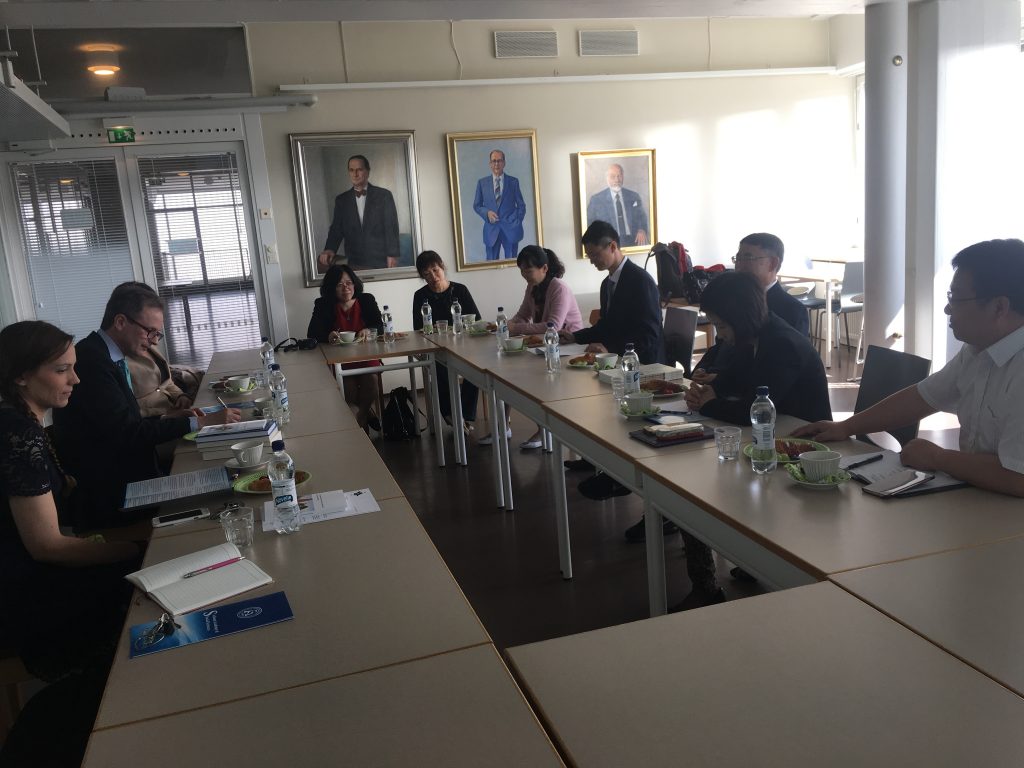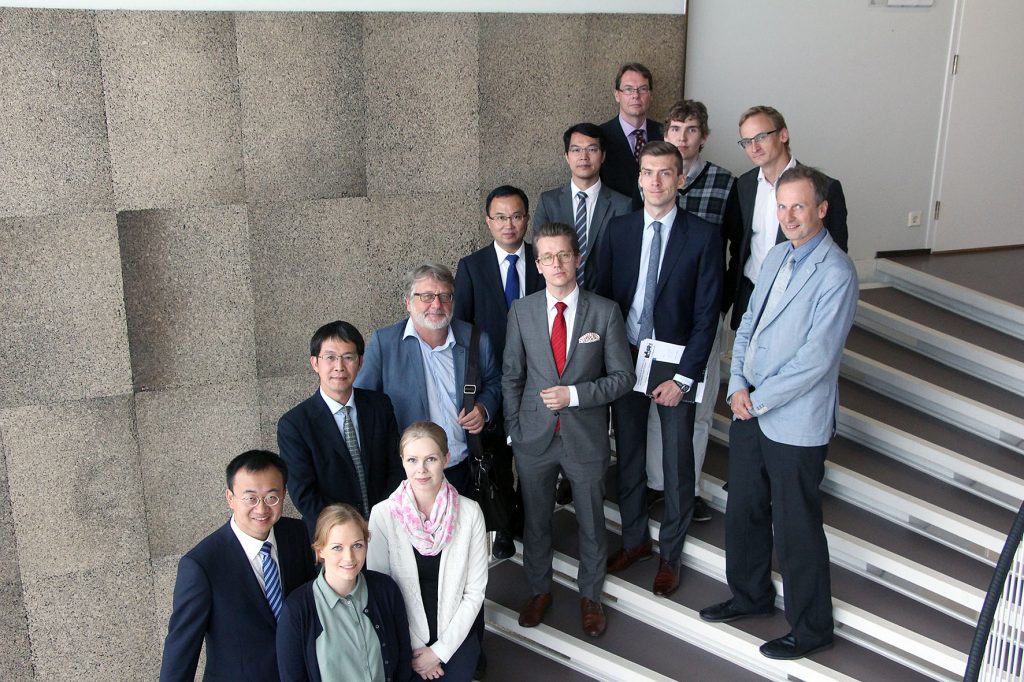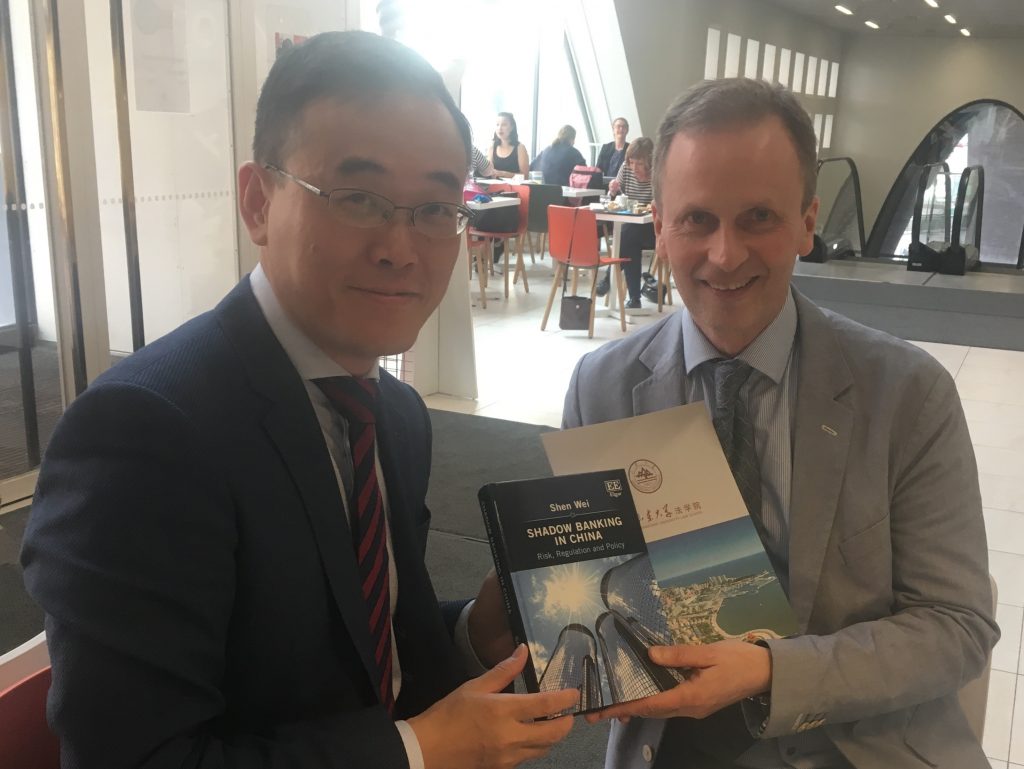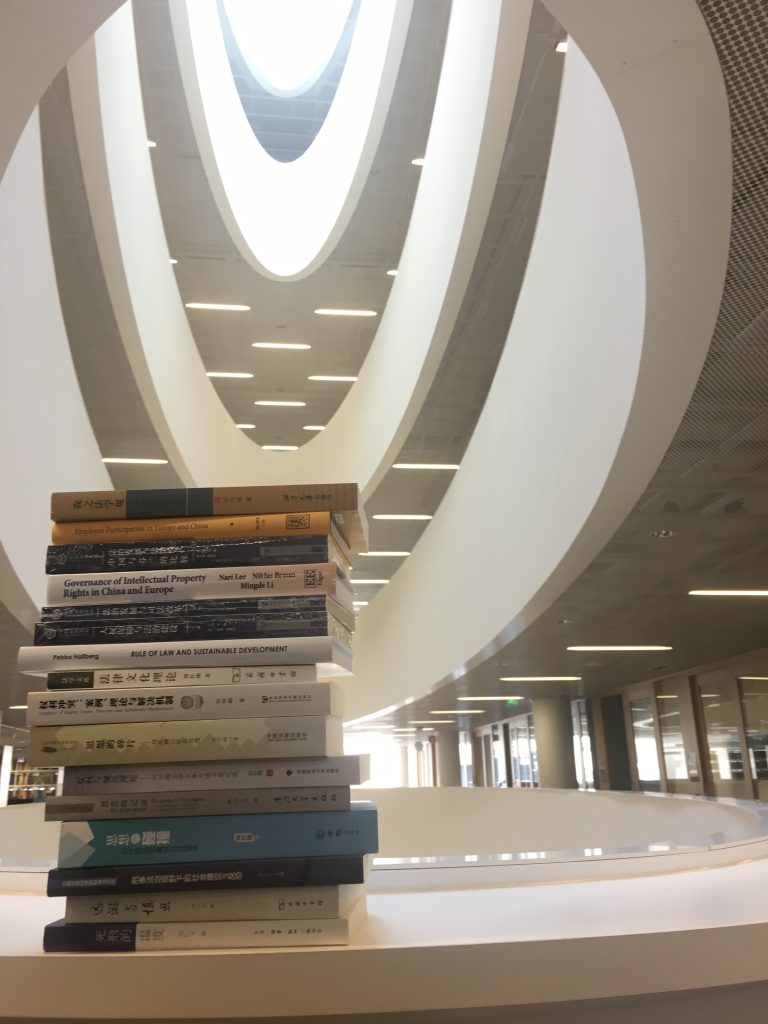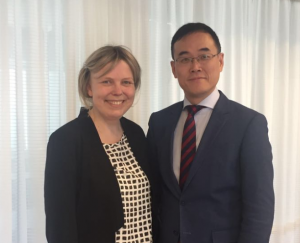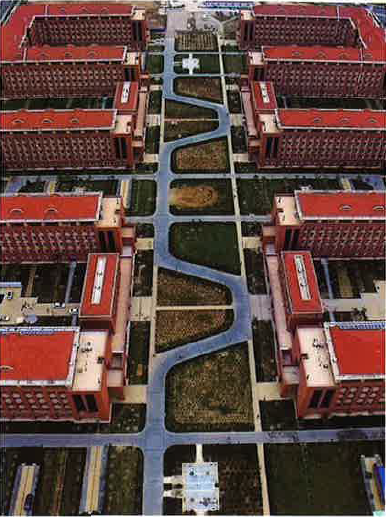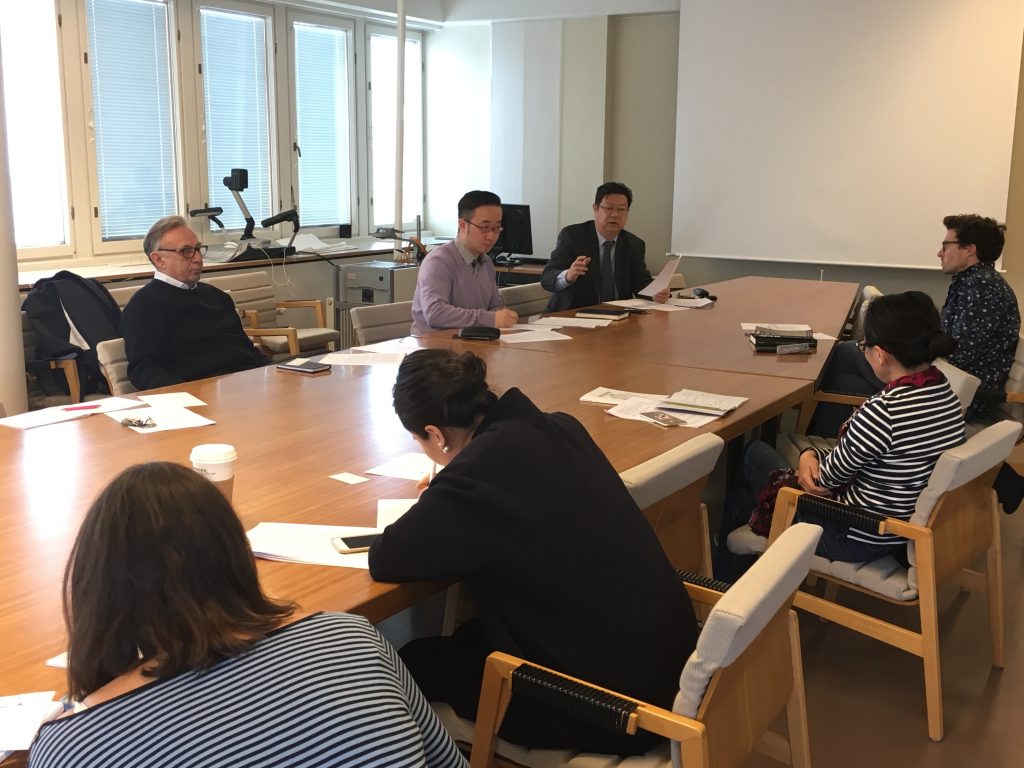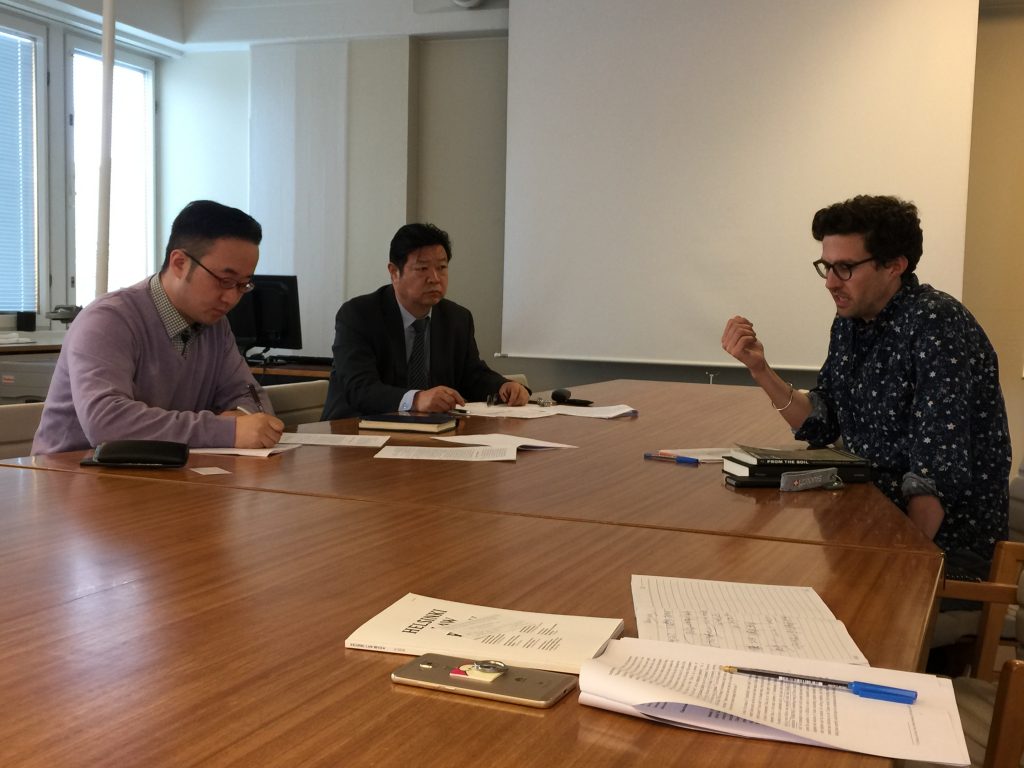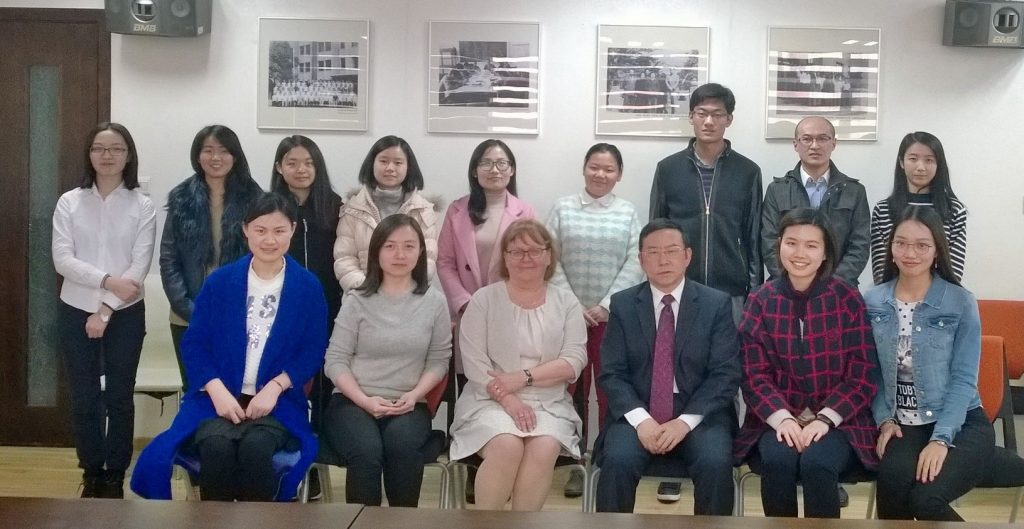The Finnish Center of Chinese Law and Chinese Legal Culture and Faculty of Law, University of Helsinki are pleased to announce a guest lecture by Professor Xi Chao, Vice-Dean of the Faculty of Law, Chinese University of Hong Kong:
‘Biased Securities Regulators? Evidence from China’
TIME: 2 – 4pm, Monday August 21
PLACE: Law Faculty Meeting Room (P545), 5th floor of the Porthania Building (Yliopistonkatu 3, Helsinki).
The event is free of charge, open to everyone and no registration is needed.
Lecture overview
In the aftermath of the Global Financial Crisis, a much debated topic in the academic and policy discourse on securities regulation is whether securities regulators are sensitive to considerations beyond just the merits of the case. While the literature is growing in regard to securities enforcement in the United States, little is known as of yet about the determinants of enforcement actions taken by the primary regulators of the Chinese securities markets, the second largest in the world. This research draws on a unique, hand-collected dataset on all disclosed securities enforcement actions, both formal and informal, taken against securities violations by the Chinese securities regulators during the period from 1998 through 2016. It offers a glimpse into the intensity of securities enforcement actions, both market-level and firm-level, in China. It also sheds important light on the determinants of Chinese securities enforcement practices. It shows empirically that firms that are larger in size, firms that are controlled by the state, and firms that characterize with a higher level of political embeddedness, and firms that cooperate more closely with the securities regulators are less likely to be targeted and, when they are targeted, they are more likely to fare better. A somewhat counter-intuitive finding of this research is that a closer personal bond with the securities regulators are likely to reduce the severity of enforcement actions, but are unlikely to minimize the likelihood of being targeted in the first place.
This research has been supported by a General Research Fund (CUHK-452913) from the Hong Kong SAR Research Grants Council.
Biography of Professor Xi
Dr Xi is Professor and Vice Chancellor’s Outstanding Fellow of the Faculty of Law, The Chinese University of Hong Kong (CUHK). He specializes in comparative corporate law, securities regulation, and financial regulation, and has published extensively in leading peer-reviewed international journals. He is Professorial Research Associate of the SOAS China Institute, University of London, and a Board Member of the European China Law Studies Association.
Further information
For questions about this, and other events organized or facilitated by the Finnish Center of Chinese Law and Chinese Legal Culture, please contact Center Coordinator Stuart Mooney (stuart.mooney (at) helsinki.fi).


